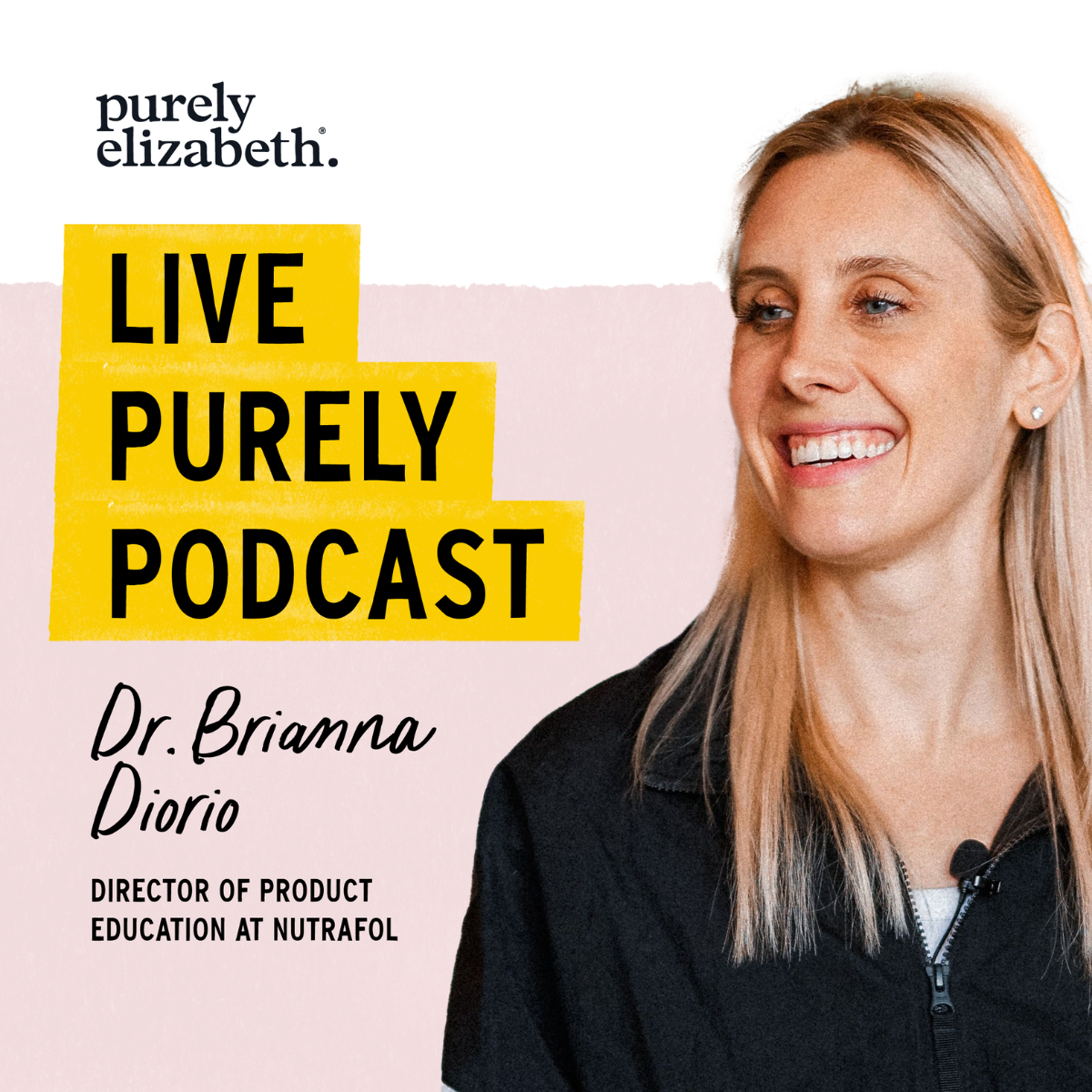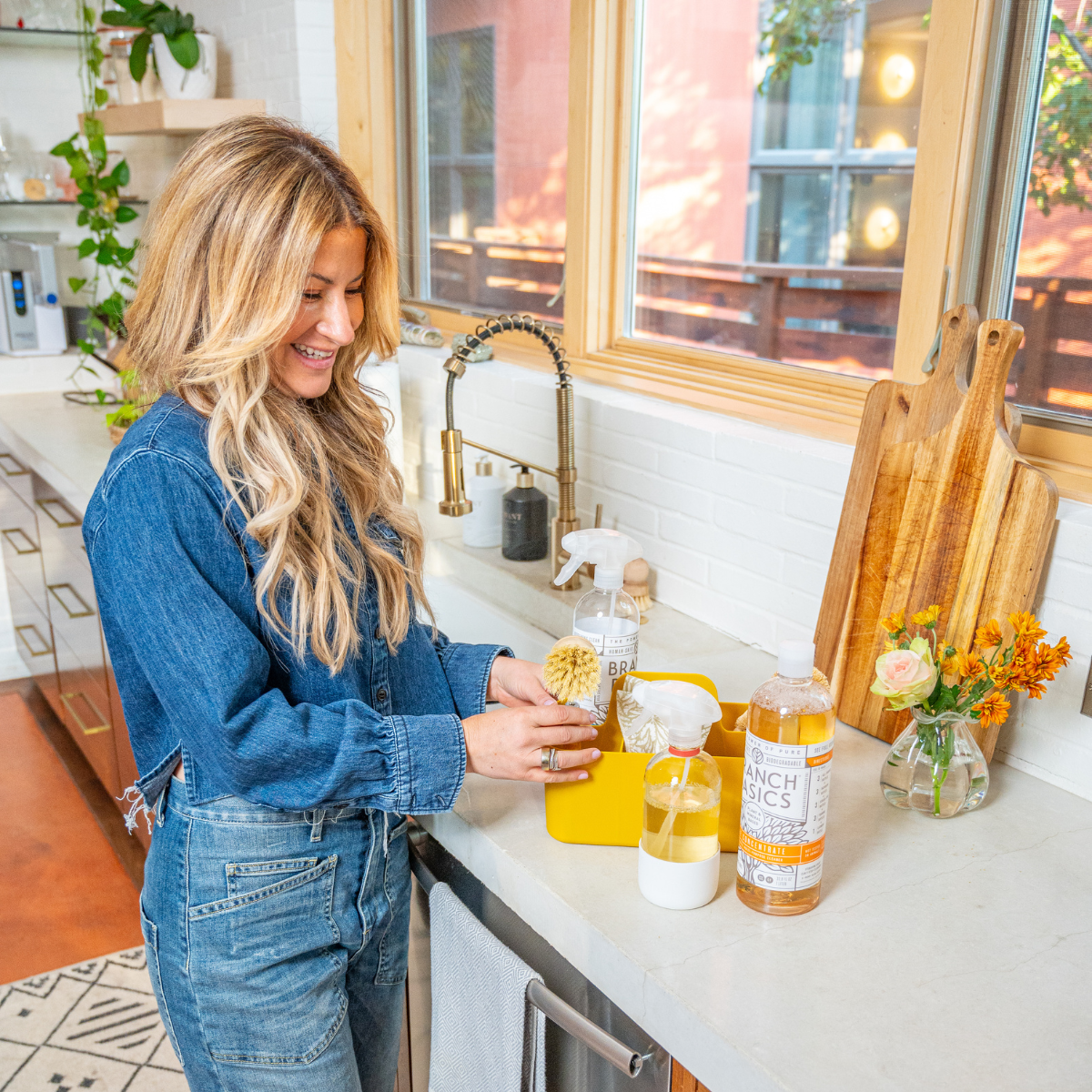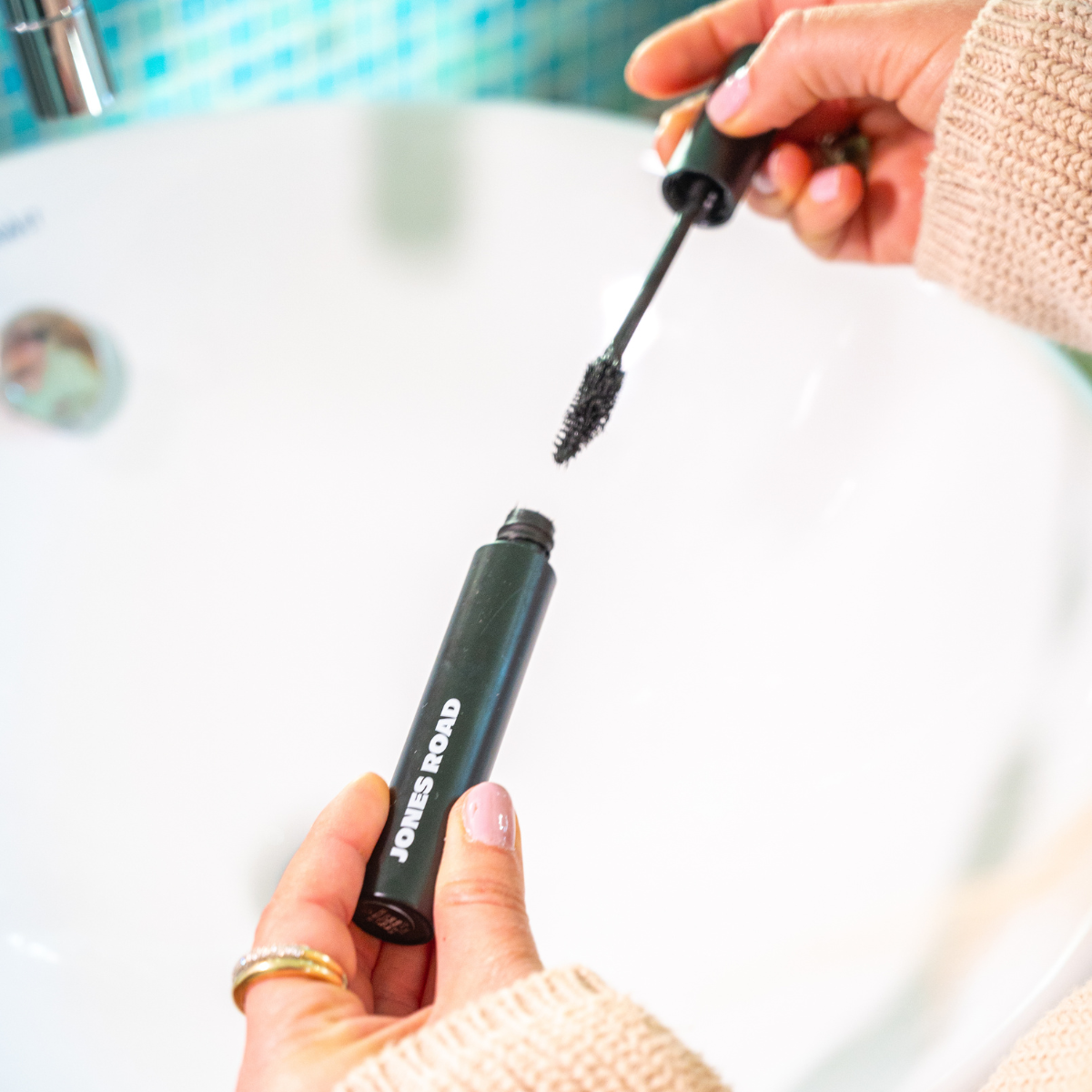Podcast
The Connection Between Gut Health and Hair
with Dr. Brianna Diorio

It’s all about hair health this week, as Elizabeth sits down with Dr. Brianna Diorio, a PhD in integrative medicine, certified Functional Diagnostic Nutrition practitioner, and Director of Product Education at Nutrafol. Dr. Brianna shares some fascinating and cutting edge wisdom around the science behind hair health, the connection between gut health and hair, as well as why nutrition and stress play such vital roles in hair wellness. Brianna shares her expert take on the “six root causes” of hair thinning, what makes Nutrafol’s approach unique, and why hair health is ultimately a reflection of our overall wellness.
You may also like
Mix & Match











